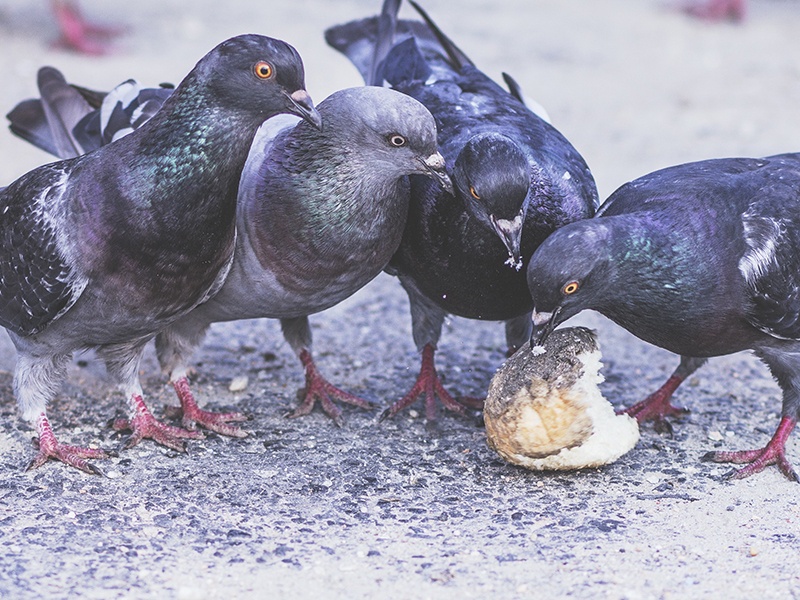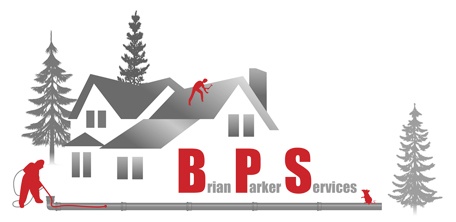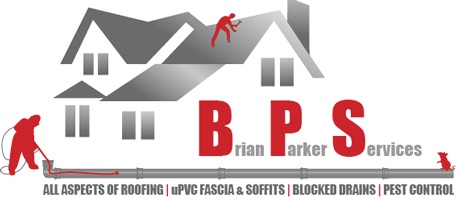Bird Control Berkshire
Nuisance Birds
Many species of bird in the UK are a nuisance creating problems with noise, bird mess, getting in roof spaces and in some cases aggressive behavior. As one of Berkshire’s leading bird control specialists we have many years of experience with all types of bird control in Berkshire problems.
Many birds are protected under the Countryside and Wildlife Act 1981 and to deal with any bird control problem a General License is required. All of our technicians are fully trained and licensed to deal with any bird problem and are just a phone call away.
Some of the Most Common Pest Birds
Pigeons
Loved by some – seen as ‘sky rats’ by others, feral pigeons are a constant presence in urban areas.
Pigeons have adapted well to the urban environment – multiplying and bringing problems such as swooping, unsanitary droppings, noise and flapping. Feral pigeons get in – and on- all types of roofs, balconies, guttering and when roosting, you will find unsanitary and unsightly pigeon droppings and feathers. We just hope your car is not parked nearby!
Often feral pigeons are attracted to an area by a food source. Traditionally pigeons’ food is grain and seeds but in urban areas this is substituted with discarded takeaways or dropped food around dustbin.
Rooks
There are over 1,140,000 breeding pairs of rooks in the UK, found primarily in rural areas and on the edge of small towns and villages. Extremely sociable birds, they form rookeries high in tree tops, numbering hundreds – even thousands of birds and are often confused with the carrion crow, which is a solitary bird often found alone or in pairs.
Problems Associated with Rooks & Crows
The main problem is that they tend to nest in chimney pots and young rooks often cannot get out of the chimneys so subsequently die within the pot. Shortly after maggots appear and fall down the chimney in to the fireplace below, this is very common!
Rooks affect many types of businesses from rural hotels and golf clubs, to agricultural land. We will devise a programmed to control the Rook population humanely, using a combination of legally accepted methods.
Contact us before the nesting season in early March for advice and action to keep your land Rook – and noise – free.
Starlings
A Starling’s main food source is grubs, grain or seeds and they will happily select the best seeds from the choicest fruit you have cultivated or the shoots you are nurturing to full growth. This causes damage to the plants and fruit and reduces your crop yield and also your lawn when they turn it over looking for grubs or worms.
Starlings’ droppings also cause problems especially if in your roof space or when they gather in large flocks and roost in trees. The droppings can carry a fungal respiratory disease that grows in the soil beneath the tree they roost in potentially passing it onto you or your family.
Sparrows & Common House Sparrows
The common house sparrow which are not so common any more, enter the roof space and make a nest.
The nesting encourages carpet and fur beetles where eventually the lifecycle begins and the nymph/adult moth can become trapped and work their way into your property. Sometimes the adult moth can fly into your property via open windows!
Your carpets will eventually be eaten away from the underside by radiators, generally in the winter months. You’ll see white grains of rice size larvae cases with the nymph inside. Moths are often found at ceiling height completing the cycle.
Moth traps are very good along with lifting the edges of the carpets and getting a pest controller to spray with liquid insecticides to bring the situation to a close.
Infected clothing that cannot be hot washed, can be bagged, then placed into a freezer.


